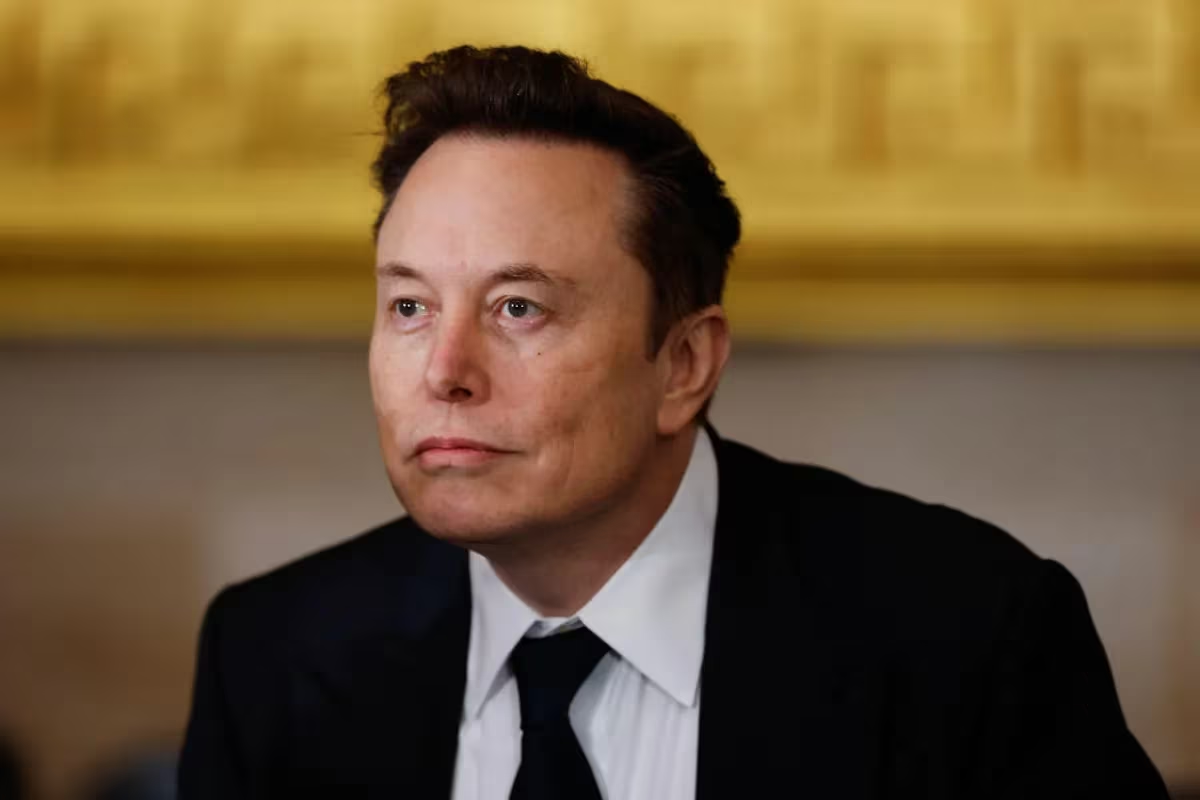California authorities call for Tesla sales ban over ‘full autopilot’ claims
The California Department of Motor Vehicles (DMV) is demanding that sales of Tesla vehicles in the state be suspended for 30 days. The reason is allegations of misleading advertising for Autopilot and Full Self-Driving systems.
Accusations of misleading advertising of Autopilot and Full Self-Driving systems.
The largest electric car market in the U.S. is under threat
DMV has sued Tesla, accusing the company of making misleading claims about the capabilities of its advanced driver assistance systems. If the lawsuit is upheld, the automaker’s license to sell electric cars in California will be temporarily suspended. That could hit Tesla hard: California remains the largest electric car market in the U.S., accounting for more than a third of all sales.
California is the largest market for electric cars in the U.S., accounting for more than a third of all sales.
It’s especially critical in the current situation: sales of Tesla have already fallen in the first half of 2025 due to unstable customs duties, the authorities’ chilled attitude to electric cars and political statements by Ilon Musk. Now demand is rebounding amid the imminent expiration of the federal tax credit for EV purchases, scheduled for September. A ban on sales could reverse that recovery.

Defamation of false advertising
The California DMV points out that Tesla is using misleading names and descriptions of its Autopilot and Full Self-Driving features. Specifically, the promotional materials state that the car “can make short and long trips without driver intervention” and “can search for a parking space and park on its own.” Authorities believe such language is inconsistent with the current technological capabilities and legal status of these features.
The procedure was launched back in July 2022, and in November 2023, the DMV clarified its requirements. The agency is now seeking a 30-day suspension of Tesla’s license and a court order for compensation, the amount of which has not yet been determined.
Tesla’s position and possible consequences
In response, the company claims that the DMV has been aware of the Autopilot and Full Self-Driving titles since they were introduced in 2014 and 2016, respectively, and did not make a claim until recently. This, according to Tesla, can be seen as tacit approval. In addition, the automaker points out adjustments to the feature descriptions: on the official website, the system is now called Full Self-Driving (Supervised), and a footnote emphasizes that it requires constant monitoring by the driver and does not make the car autonomous.
The DMV, however, considers these changes insufficient. Thus, the largest electric car manufacturer in the U.S. finds itself in a legal dispute with the main market for its products.
Buyer alternatives and out-of-state implications
If the court grants the DMV’s request, California residents will have to look for alternatives among other brands whose models qualify for the tax credits: Hyundai, Kia, Ford, GM, Honda, Acura, Chrysler and Jeep. Other states could see an increase in Tesla vehicle deliveries if the company quickly reallocates inventory from California warehouses.
An increase in Tesla vehicle deliveries in other states is possible if the company quickly reallocates inventory from California warehouses.
The story California officials call for a ban on Tesla sales over claims of “full autopilot” was first published on ITZine.ru.
